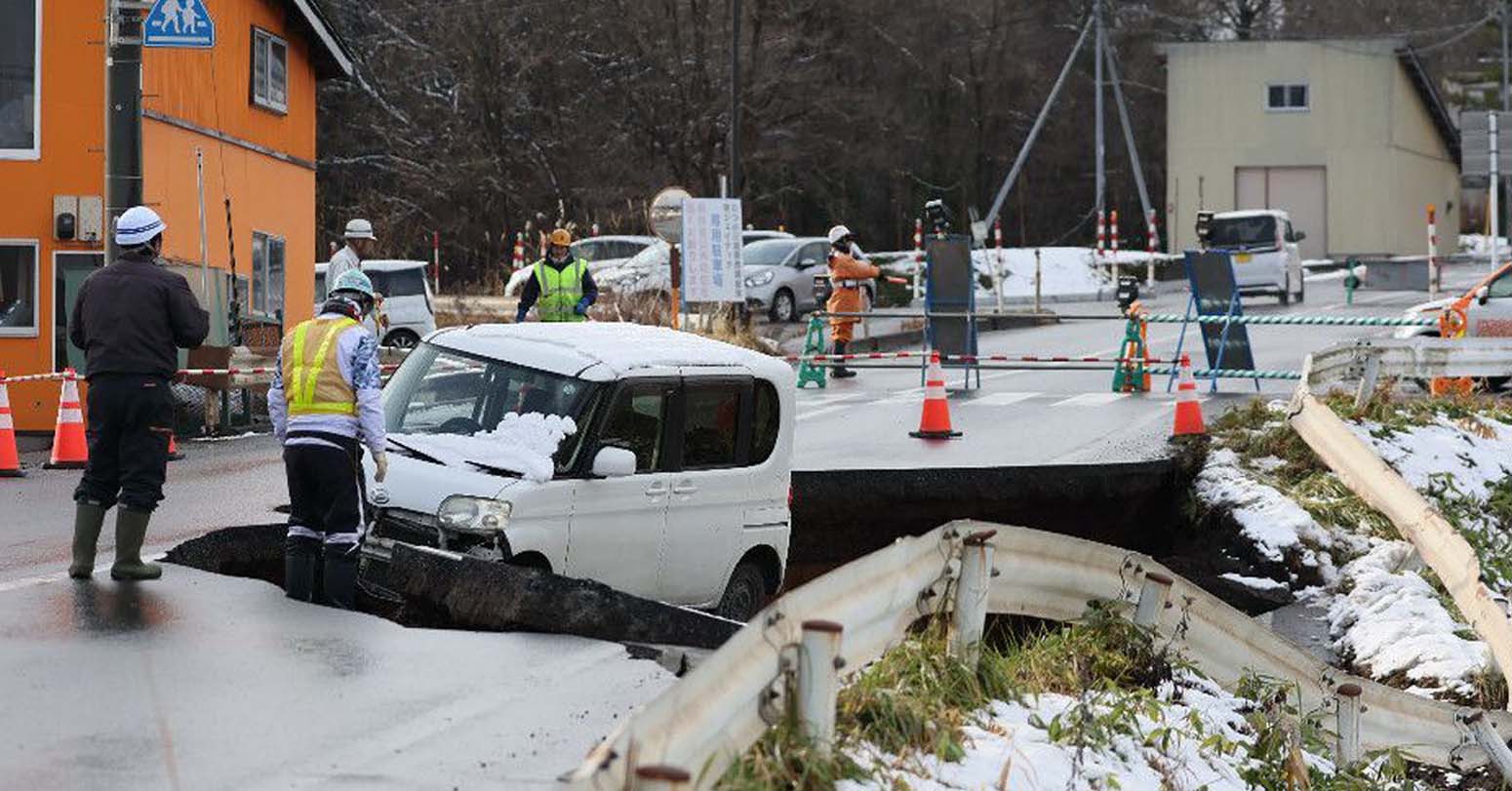
Australians exposed to multiple climate-related disasters suffer significantly worse mental health outcomes and slower recovery compared to those with fewer or no exposures, said a study by the University of Melbourne on Wednesday.
The university said in a news release on Wednesday that the study finds people who experienced two or more disasters, such as bushfires, floods, or cyclones, especially within a short time frame, reported greater declines in mental health, including increased symptoms of anxiety, depression, and post-traumatic stress.
"It is now estimated that children born today are expected to experience seven times more disasters across their lifetimes than past generations," said the study's lead researcher Claire Leppold, research fellow in Community Resilience at the Melbourne School of Population and Global Health.
Recovery planning must consider not just the latest disaster but a person's entire history of exposure, Leppold said, adding the decade-long study, which has been published in the Lancet Public Health, analyzed data from over 5,000 Australians between 2009 and 2019.
Lisa Gibbs, director of the University of Melbourne's Disaster, Climate and Adversity Unit, said the research offers vital insight for improving national disaster response frameworks in a climate-changed future.
Maria Kangas, head of the School of Psychological Sciences at Macquarie University, said more comprehensive research is needed to fully understand the financial and social impacts of repeated disasters.
As Australia faces increasingly frequent and severe climate events, experts agree that mental health planning must adapt to support communities before, during, and long after disasters strike.
-XINHUA


















Middle-aged man spends millions to
Dr. Dharam Raj Upadhyay: Man
Children, Greatest Victims Of Sudan’s
Breathing The Unbreathable Air
Comprehensive Data Protection Law Critically
Gender Differences In Mental Healthcare